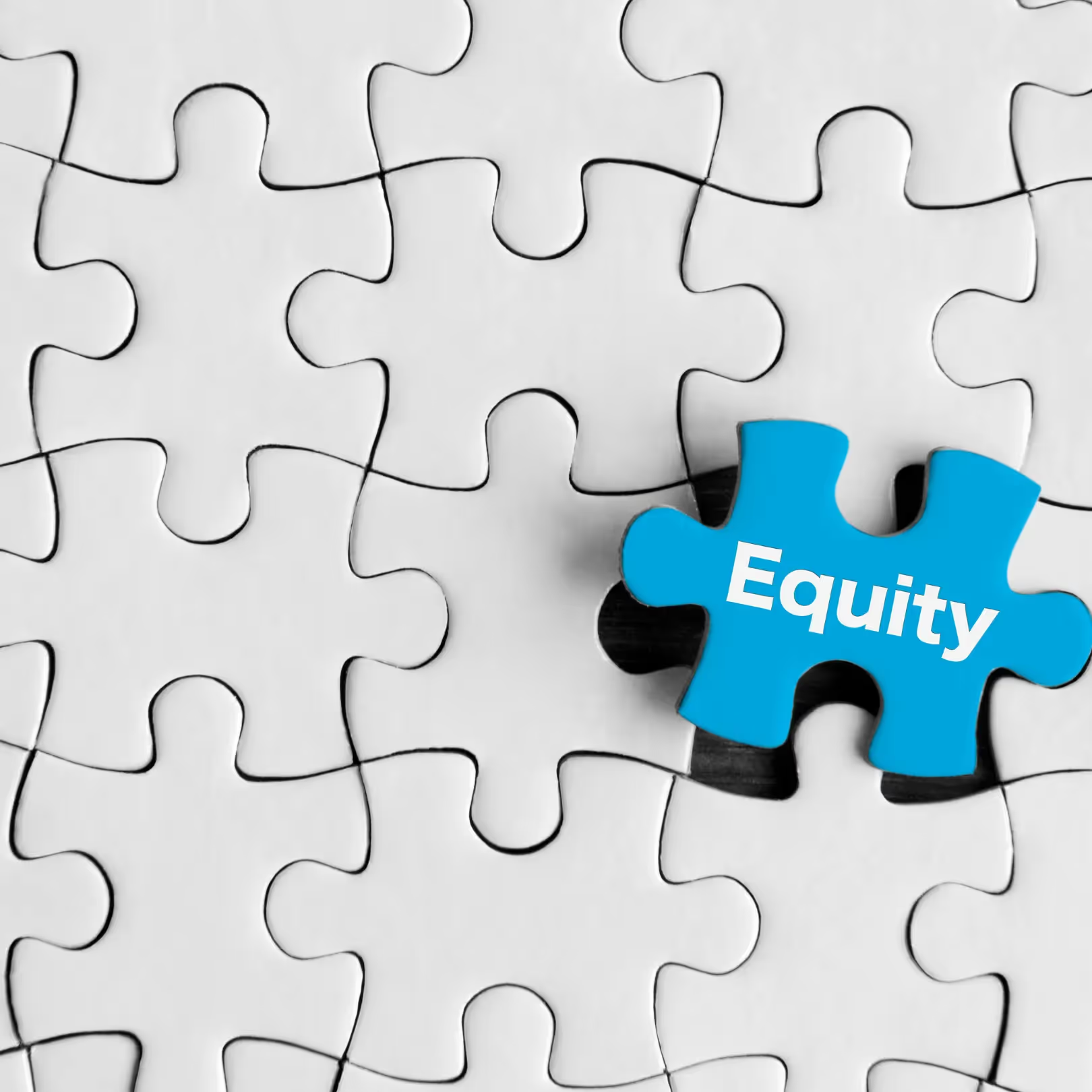An Introduction to Transformational Coaching
April 1, 2020

The webinar Introduction to Transformational Coaching uses a demonstration, or role-play, to explore what transformational coaching is and how it can help you thrive.
As you look to improve your own skills, the interactions you have with other adults and students, and within the context of our schools and communities, transformational coaching is a model that can help you identify your beliefs, ways of being, and how you “show up” in your work and life. Bright Morning President, Elena Aguilar, and teammate Jessie Cordova discussed transformational coaching and demonstrated ways to have and experience how the model can help you “show up.”
Check out the recording here and read on for top takeaways!
Five Tips for Introduction to Transformational Coaching
As Jessie and Elena engaged in role-play demonstrations, a few key factors emerged. There are so many ways to implement transformational coaching – in coaching, working with others, and being within schools and communities – and the more we can hone our practice and see other coaches, the more skilled we’ll be.
- Be conscious of your body language and non-verbal cues. During the demonstration, Elena sighed deeply a number of times. Jessie picked up on these as more indicative of how Elena was feeling and being – and she focused on that breathing.
- Shame! We can’t focus on anything powerful or meaningful for an individual – or for kids, families or schools – if we’re feeling shame about our own way of being. Brene Brown makes a distinction between guilt and shame and Jessie suggested Elena consider that for their practice.
- Everyone needs to practice! When Jessie was holding that space for Elena, a space that is nonjudgmental and where the client can be herself, that is what practice can mean and be! Find your Jessie!
- Don’t just put band-aids on gushing wounds! Be sure that when a client is overwhelmed, they can still go deeper and don’t just put out the fires that are immediate. That deeper discussion leads to better outcomes for everyone.
- If you have limited beliefs about yourself, you have limited beliefs! You can’t take new actions with old beliefs! This is especially true for children and learning. You have to continually learn and grow and explore your own beliefs. The edge of the cliff is where we do the most learning. Not safely behind or falling down.
FEEDBACK AND FINAL THOUGHTS
After the demonstration, Elena and Jessie addressed how to best address a resistant teacher and discussed strategies and ideas. The two also discussed what to do when you revisit a teacher who had reverted back to their old practices.
There’s no right way to do this – there’s just the way you do it and the way it happens!
Keep Learning
- Have content just like this sent straight to your inbox. Subscribe to our Weekly Wisdom Newsletter
- How are you managing your energy lately? Use this tool to take inventory during self reflection time: Energy Check In
- Listen to How to Feel Better: How am I Feeling?
- Deep dive into even more information on the radical art of Transformational Coaching – read Elena’s The Art of Transformational Coaching

.avif)
.avif)










